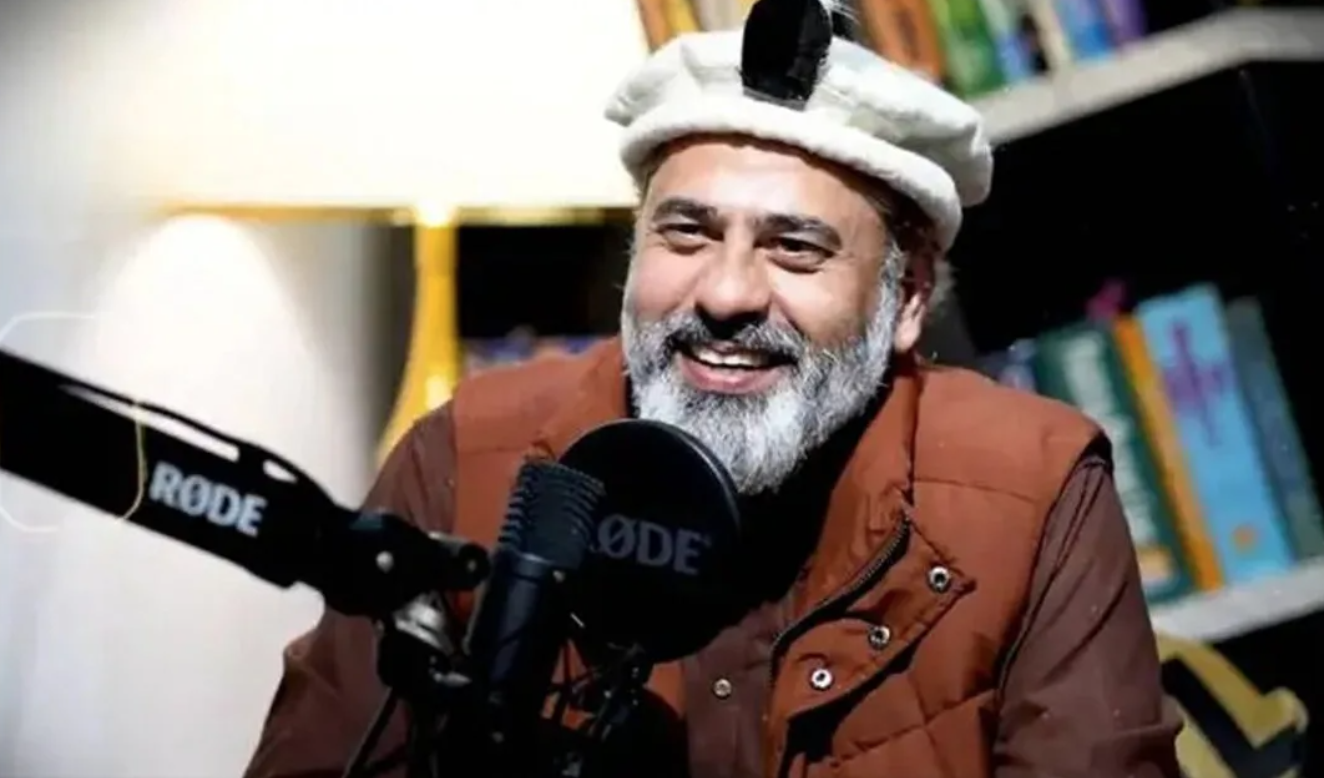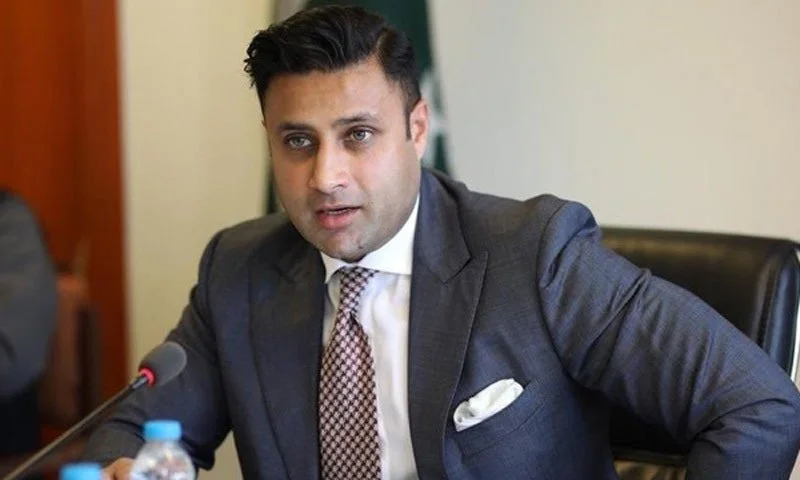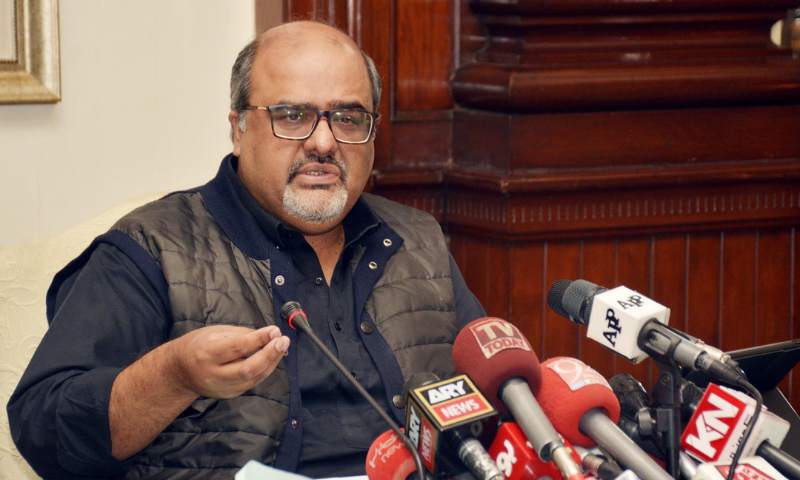Transnational Repression
Transnational repression is the practice by which governments extend their authoritarian reach beyond national borders to harass, intimidate, or silence dissenters living abroad. It usually targets journalists, political activists, and social media voices.
Since April 2022, following the ousting of former Pakistani Prime Minister Imran Khan and the ensuing human rights and civil liberties crisis, Pakistan has come under scrutiny for targeting its critics in Europe, the United States, and the UK—many of whom fled Pakistan after April 2022 due to threats to their lives.
Intimidation Beyond Borders
Victims of Transnational Repression
In the United States, journalists of Pakistani origin have spoken out about persistent digital threats and smear campaigns after being critical of Pakistan’s military or intelligence agencies. Some report attempts to hack their personal accounts and being warned through intermediaries to stop their reporting or face consequences. The families of these journalists, politicians, and activists—still living in Pakistan—have reportedly faced harassment and even abduction by state authorities as a form of pressure.
Victims of Pakistani transnational repression based in the United States include journalists Dr Moeed Pirzada, Wajahat Saeed Khan, Ahmed Noorani, and vlogger-politician Dr Shahbaz Gill.
Journalist Ahmed Noorani, United States
Journalist Dr Mooed Pirzada, United States
Journalist Imran Riaz, United Kingdom
Politician Dr Shahbaz Gill, United States
Journalist Zukfi Bukhari, United States
Barrister and Political Vlogger Shahzad Akbar, United Kingdom
Social Media Activist Azhar Mashwani, United Kingdom
Activist Sara Mir, United Kingdom
Journalist Major Adil Raja, United States
Journalist Wajahat S. Khan, United States
International Response to Transnational Repression
Pakistanis in the UK have reported sharing their personal accounts of transnational repression with the Human Rights Commission, as part of the National Enquiry into Transnational Repression launched in January 2025.
In the United States, the FBI has a dedicated page on transnational repression, offering information in multiple languages and outlining the types of threats involved. It also provides a Threat Intimidation Guide to help individuals recognise and respond to such tactics.
In May 2025, in an effort by the Trump administration to counter transnational repression, U.S. Secretary of State Marco Rubio announced a new visa restriction policy targeting foreign officials and individuals who are complicit in censoring Americans. The policy aims to deny visas to those who attempt to penalise U.S. citizens for their expressions online.
During the Tom Lantos Human Rights Commission Hearing on Transnational Repression in the US on 24th June 2025, Pakistani Journalist Ahmed Noorani in exile from Pakistan for the past 5 years, testified on how Pakistani military authoritarian Transnational Repression has affected him in the US, including abduction of his family in Pakistan.
Repression of Journalistic Voices
YouTube has informed more than two dozen critics of the Pakistani government that it is reviewing a court directive seeking to block their channels for allegedly being “anti-state”.
The channels at risk of being blocked in Pakistan include those belonging to the main opposition party, its leader and jailed former Prime Minister Imran Khan, as well as several journalists critical of the government, according to a court order dated June 24th 2025.
The judicial magistrate court in Islamabad said it was seeking the ban after the National Cyber Crime Investigation Agency criticised the channels in a June 2 report for “sharing highly intimidating, provocative and derogatory contents against state institutions and officials of the state of Pakistan”.
According to the court order, the move follows a June 2 report from Pakistan’s National Cyber Crime Investigation Agency, which accused the channels of disseminating "highly intimidating, provocative, and derogatory content" against state institutions and officials.
This development demonstrates serious violation over freedom of expression and the increasing use of digital censorship and transnational repression against political dissent in Pakistan.
A court order designating YouTube channels as offenders under a controversial and improper application of the Electronic Crimes Act to surpress dissenting voices online.











